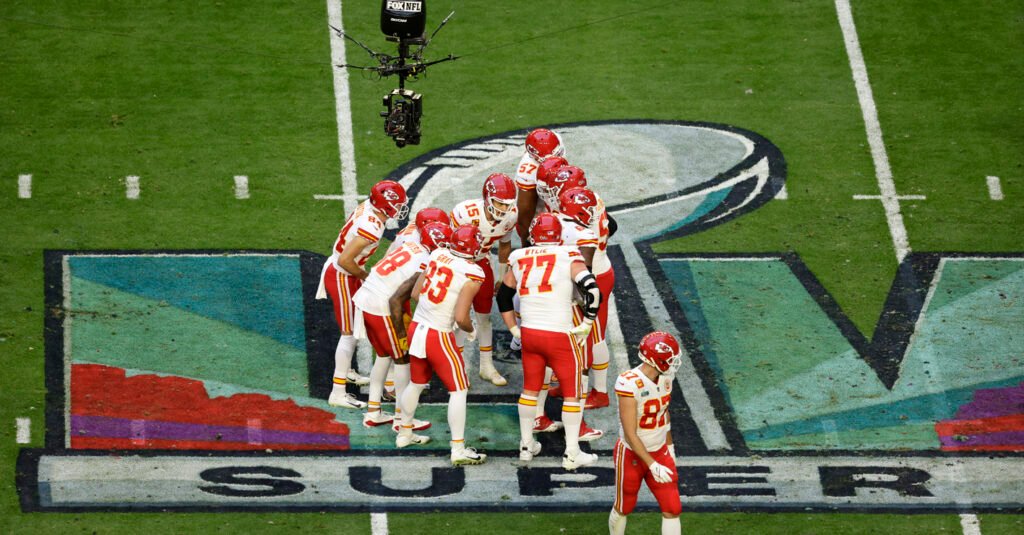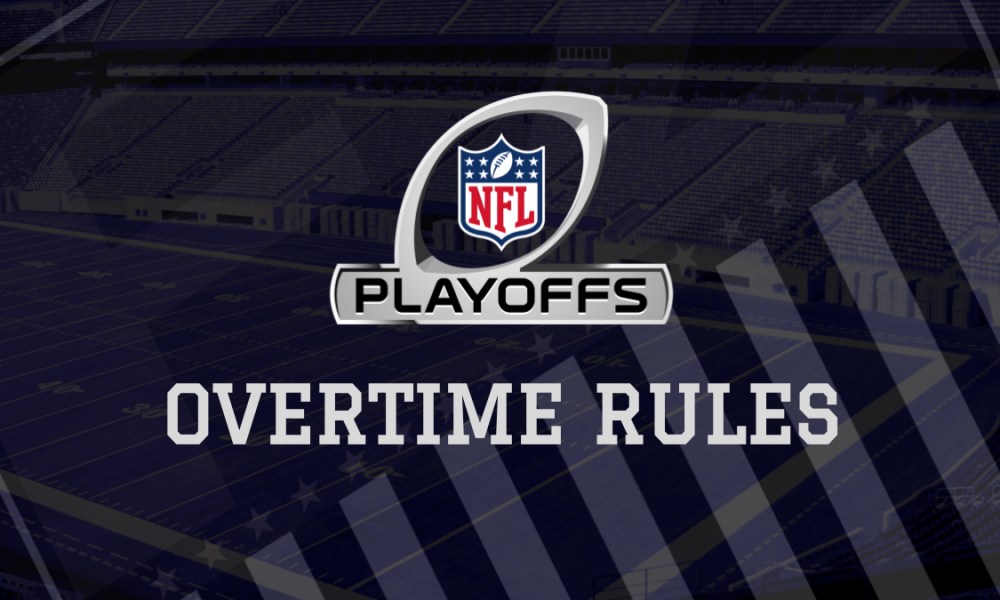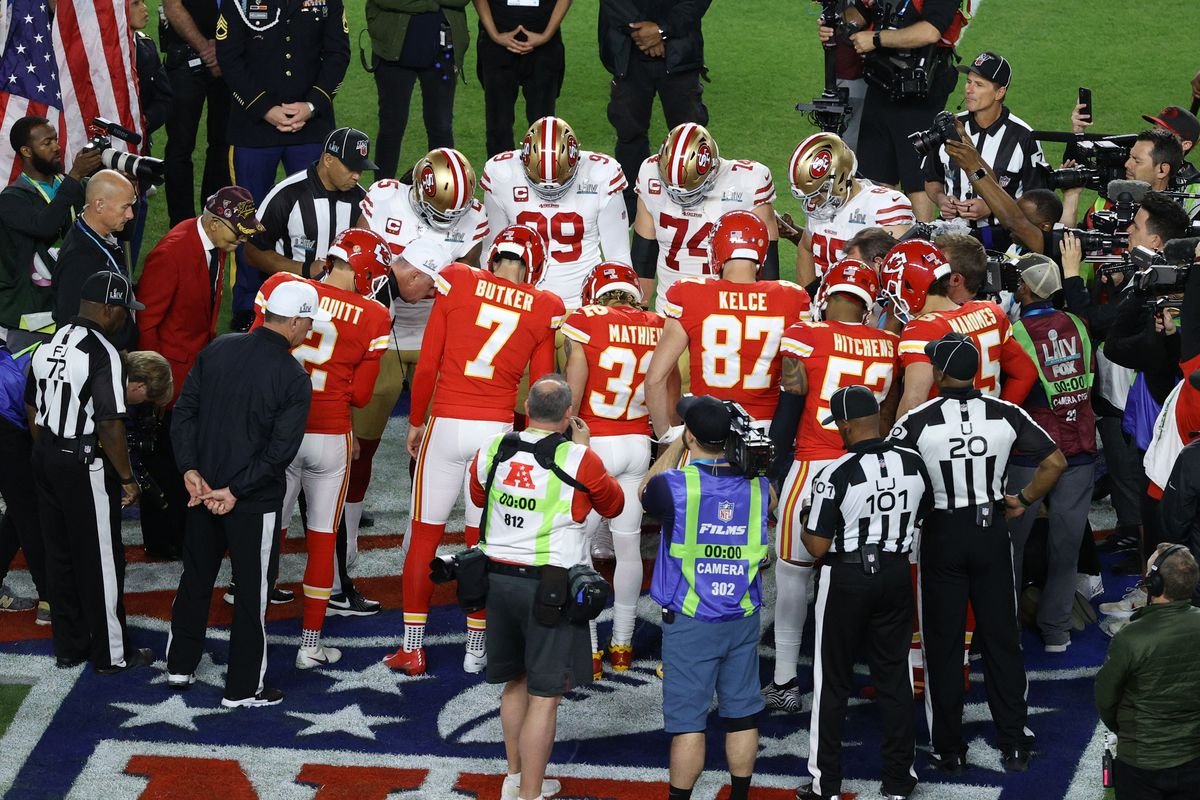Has there ever been a tie in the Super Bowl? It’s a question that sparks curiosity among football fans every year as they tune in to the biggest game in sports. The Super Bowl, known for its thrilling finishes and unforgettable moments, is designed to never end in a tie. But what if it did? How would the NFL handle such an unprecedented scenario? In this article, we’ll dive deep into the history of the Super Bowl, explore the NFL’s overtime rules, and uncover the drama behind the first overtime Super Bowl. Get ready to discover how the NFL ensures a clear winner and what makes the Super Bowl so unpredictable and exciting!

Has There Ever Been a Tie in the Super Bowl?
The Super Bowl is one of the most exciting games in sports, but it’s designed to avoid a tie. If the score is tied at the end of regulation, the game goes into overtime. The NFL’s rules make sure that there is a winner declared after every Super Bowl, which is why ties aren’t a concern for fans. It ensures that there is no need for a coin flip to decide the outcome when the game is on the line, just like how Super Bowl LI (51) unfolded.
When Was the Last Time the Super Bowl Went Into Overtime?
The last time the Super Bowl went into overtime was in Super Bowl LI in 2017. The New England Patriots faced off against the Atlanta Falcons. The Patriots, led by Tom Brady, made an incredible comeback from a 28-3 deficit to tie the game at 28-28 and eventually win 34-28 after a thrilling overtime period. It was a historical game where the first overtime in Super Bowl history happened, changing the way fans watched the NFL postseason.
Super Bowl Overtime Rules: What Happens if Regulation Ends in a Tie?
If a Super Bowl ends in a tie at the end of regulation, the game enters overtime. In overtime, both teams have an opportunity to possess the ball unless the team with the first possession scores a touchdown. NFL’s overtime rules ensure that every team gets a fair chance to win, and sudden death applies after the initial possession if neither team scores a touchdown. The game continues until a winner is determined.

NFL Overtime Rules
The NFL’s overtime rules are designed to make sure the game ends fairly. In the postseason, teams have an opportunity to keep playing beyond regulation if the score is tied after the fourth quarter. The first team to score a touchdown in overtime wins the game. If no one scores a touchdown, the game continues, with teams exchanging drives until the first team scores, ensuring that a winner is always decided.
How Many Times Has the Super Bowl Gone to Overtime?
Only once in Super Bowl history has the game gone into overtime. That was Super Bowl LI, where the New England Patriots made history by coming back from a massive deficit against the Atlanta Falcons. This exciting game showed how unpredictable the NFL can be, with Tom Brady leading his team to victory in overtime after a stunning comeback.
Could the Super Bowl Ever End in a Tie?
The NFL rules ensure that a Super Bowl never ends in a tie. The game is designed to keep going until a winner is determined, even if it takes going into overtime. The league’s overtime rules make sure that both teams have a fair chance to score and that the Super Bowl has a clear winner at the end. Therefore, a tie in the Super Bowl is highly unlikely, as the rules have been structured to avoid such an outcome.
How Does Overtime Work in the Super Bowl?
In the Super Bowl, if the score is tied at the end of regulation, the game proceeds into overtime. Both teams get a chance to possess the ball unless the team with the first possession scores a touchdown. If the first team scores a field goal, the other team gets the opportunity to respond. If they fail to score, the first team wins. The game continues until one team scores, ensuring a winner is declared.
Why Did the NFL Make Changes to Overtime?
The NFL made changes to the overtime rules to make sure both teams have an equal opportunity to score and to enhance the competition. Before the changes, overtime was decided by the first team to score, even if they only scored a field goal. The 2010 amendments and further changes in 2022 were designed to make the game fairer, especially during high-stakes games like the Super Bowl, where a clear winner is essential for the fans and the teams.
How Many Super Bowls Have Gone to Overtime?
So far, only one Super Bowl has gone into overtime—Super Bowl LI. In this game, the New England Patriots overcame a 28-3 deficit to tie the score at 28-28, leading to the first overtime in Super Bowl history. This historic moment was a true showcase of resilience and determination in the NFL, and it forever changed the way Super Bowl games would be played in the future.
Related Articles
How long are Super Bowl periods?
How many Super Bowls have there been?
Who won the last Super Bowl?
What team has won the most Super Bowls?
Who has the most Super Bowl MVP awards?
Interesting facts about the Super Bowl
Conclusion
The Super Bowl is renowned for delivering some of the most thrilling moments in sports history. While the game has seen incredible comebacks and dramatic finishes, Super Bowl LI remains the only one to have gone into overtime. The NFL’s continuous amendments to overtime rules since 2010, including changes in 2022, have been aimed at ensuring a fair competition and providing a more exciting experience for fans.
These rules, alongside the Patriots’ stunning victory over the Falcons, remind us of why Super Bowl LVIII in Las Vegas is expected to keep viewers on the edge of their seats. The NFL’s commitment to keeping the game competitive and unpredictable is clearly evident in how they handle regulation, tie scenarios, and postseason rules, ensuring that each Super Bowl remains a showcase of top-tier talent and sportsmanship.
People Also Ask
1. Has there ever been a tie in the Super Bowl?
No, the Super Bowl cannot end in a tie. If the score is tied at the end of regulation, the game moves into overtime until a winner is declared.
2. Which Super Bowl went into overtime?
Super Bowl LI is the only Super Bowl to date that has gone into overtime. The New England Patriots triumphed over the Atlanta Falcons, 34-28, after an unforgettable comeback from a 28-3 deficit.
3. How do Super Bowl overtime rules differ from regular-season rules?
The Super Bowl overtime rules ensure that both teams get at least one possession in overtime, unless the first possession results in a touchdown. In the regular season, the game may end more quickly if the first team scores a touchdown on the opening possession.
4. Why did the NFL change its overtime rules?
The NFL changed its overtime rules in 2010 and 2022 to address concerns over fairness, especially in the postseason, where the stakes are higher. The rules now give both teams an opportunity to possess the ball before deciding the winner.
5. What is the longest Super Bowl in history?
Super Bowl LI, which went into overtime, holds the record as the longest Super Bowl ever, lasting over four hours. This game showcased one of the most dramatic comebacks in NFL history, with the Patriots overcoming a 28-3 deficit against the Falcons.

